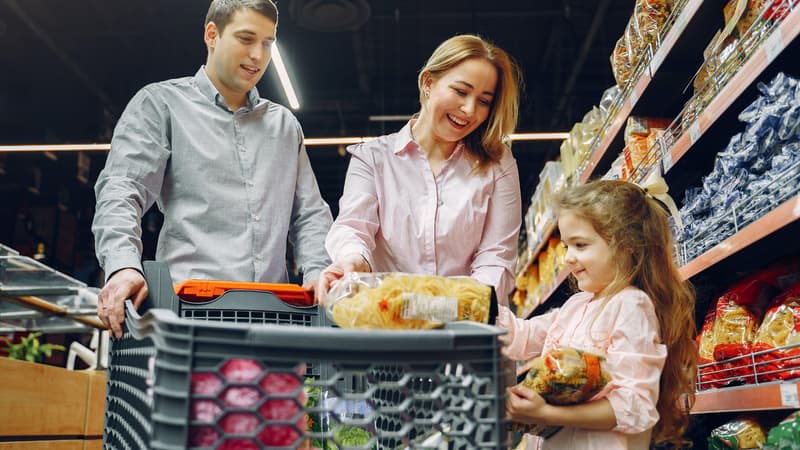E-commerce will not have the skin of stores. Three years after the start of the health crisis marked by the administrative closure of points of sale, the explosion of online sales and the emergence of new services such as fast trade, we are witnessing a return to normality in the world of consumption.
Thus, while electronic commerce as a whole broke a new record in 2022 according to Fevad with 146,900 million euros spent, this behavior is “driven by services, and in particular transport, tourism and leisure” which jump 61 % compared to 2021 (and 50% compared to 2019, the year before the pandemic), indicates Marc Lolivier, general delegate of Fevad.
Product sales fell 7% last year. With sometimes spectacular falls such as electronic products (-19%), furniture and decoration (-18%), beauty (-11%). By contrast, clothing limited the fall (-6%) and consumer products even recorded a slight increase in sales (+1%).
Ecommerce above pre-Covid
It decreases, however, to put it in perspective. Fevad recalls that for all these product categories, sales are still much higher than in 2019.
Purchases of electronic products are 3% above pre-Covid, clothing 14%, furniture 19% and consumer products 56%.
There is, therefore, no dissatisfaction with the sales sites, simply a return to the stores in a context of rationalization of purchases.
This is confirmed by a PinionWay opinion survey carried out for the Bonial company.
97% of the French consider the store useful (compared to 90% for online commerce) and 51% consider it very useful (30% for e-commerce), according to this study.
For food purchases, when deciding between the two channels, the French even prefer to go to the store. 84% of the people surveyed affirm that they prefer to do their food purchases at a physical point of sale for an equivalent product and price. For 63% of them, large distribution contributes to the defense of purchasing power.
“The French are attached to stores and cannot conceive of their day-to-day life without them, believes Laurent Landel, president of Bonial. But beyond their transactional function, the French consider that stores play an essential social role for the country and that it is important to maintain them (94%). Creation of qualified jobs, social ties, development of dynamism in the territories… Physical commerce is at the heart of local life in France.”
Proof of their attachment, the French now prefer the sales sites of stores to make their purchases. Fnac, Darty and other Leroy-Merlin sites are the ones that have made the most progress compared to before Covid. In 2022, online sales of private labels will be 35% above their 2019 level, compared to 19% for e-commerce as a whole.
Source: BFM TV


